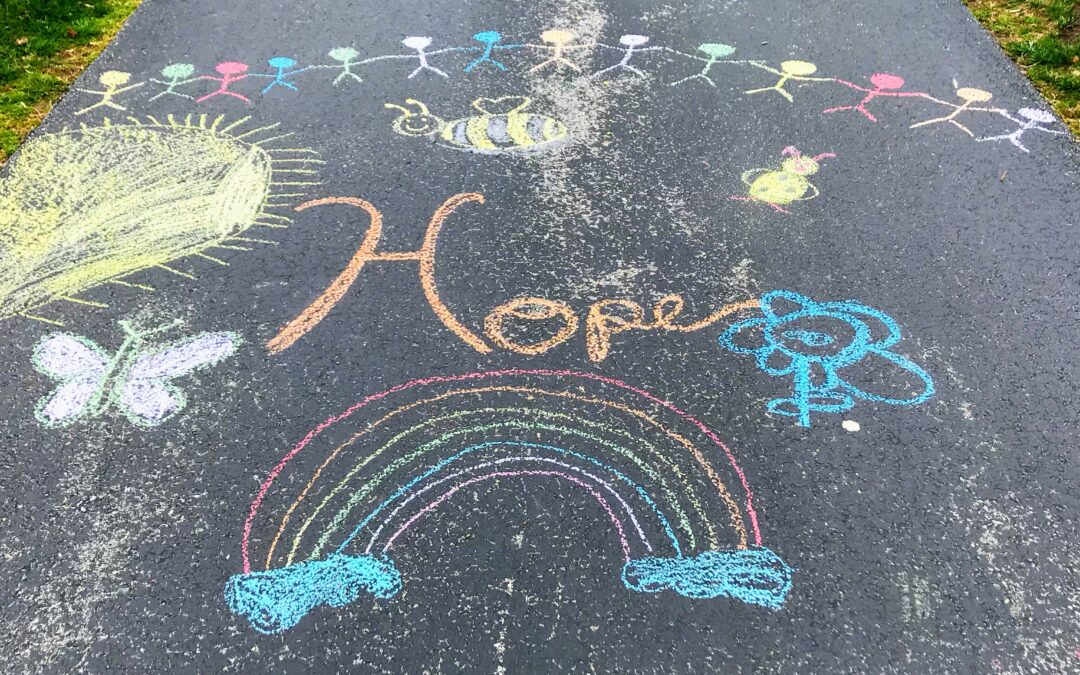By: Trevor Lehmann
“Hope is short-lived unless coupled with a desire for future worlds that are not depressing but instead so enticing that they might lead us to yearn for a new way of being.”
– Sarah Ray, A Field Guide to Climate Anxiety
At sixteen, my father took me to see An Inconvenient Truth – Al Gore’s inspiring and foreboding documentary on the impacts of the climate-crisis. I left the theatre with a lot of uncomfortable emotions. Anger towards older generations for the world I was to inherit. Guilt and regret over every piece of waste I produced. Despair at how overwhelming the problem was.
More than anything though, I felt uncertain about the role I would play in mitigating the effects of climate change.
This uncertainty is one I continue to explore in my own life, as well as in the lives of others as this question continually comes up in my role as a career counselor. Looking back, here are a few things I wish someone had told me in my younger years about finding my place in the world ahead.
Group problems deserve group solutions
The climate-crisis impacts every area of life, from our economy to human rights. The immense scale of the problem can leave us feeling overwhelmed if we take it all on ourselves. The climate-crisis is simply too big for any one person to “solve” – despite what oil and gas companies would encourage us to believe to deflect responsibility from themselves.
That does not mean it’s not important for you to take action, but rather that your actions do not need to (and will not) solve the climate-crisis as a whole. The diverse range of challenges associated with the climate-crisis means there are a wide range of opportunities to improve our world and you don’t have to do it alone.
Finding a Focus
From consultants compiling solutions into climate action plans to volunteers turning barren land into fruitful garden spaces, there is a place for everyone in addressing the climate-crisis. Resources that can help you explore these options include Eco Canada’s Career Profiles as well as my own career guide.
When exploring your role in addressing climate change, I recommend investing your energy into one specific group or area. The Manitoba Eco-Network is a great place to find organizations locally who have opportunities to get involved in both climate change mitigation and adaptation efforts. Whether in a volunteer or work capacity, you will learn new skills, clarify your interests, and experience greater agency as you help make our planet a more equitable and livable home for all.
Make time to Think Long-term
In working with clients struggling with ecological distress, I see a lot of worry about what the future will look like. People often fear that the world will not be restored to its former splendor in their lifetime. In these moments, it can be helpful to consider envisioning how our work and efforts may extend beyond our lifespan. History includes many instances of intergenerational projects, such as the Tokugawa period reforestation in Japan. This project took centuries and many of those involved knew they would not see the completion of their project.
When facilitating workshops, I use a visualization exercise to help clients manage distress and cultivate hope in an ideal future. Participants are asked to visualize the future world they want young people in their lives to experience.
Many common themes emerge in their responses: a reduction in political conflict and the excesses of industrialization, a savoring of nature and most of all, a sense of safety and fulfillment in the lives of those they care about.
This visualization helps participants identify actions in the present that will help shape the future they are visualizing for their loved one.
Going Forth
While visioning can help us disentangle from the stresses of today, it is important not to stop there. Though these improvements may not immediately create the ideal future we wish to see, they help lay the foundation for a better world.
In the workshops I lead, visioning exercises end with participants writing a letter to a young person in their life, describing what they did in the present year to build a better future. This helps clarify concrete steps going forward whether it’s volunteering, engaging with the community, or donating to charities.
This final letter-writing step helps address the gap between awareness of climate change as a threat and a sense of how to respond both individually and collectively, a problem referred to as the “hope gap.”
By ending with clear steps, participants have a greater sense of agency and clarity in addressing the climate-crisis, an endeavour we all have a role to play in.
Want to dig deeper? Join Trevor Lehmann and the Career Development Professional Centre April 22, 2023 for a webinar about “Facing the Future: Cultivating Climate Empowerment Amidst the Climate-Crisis.”
